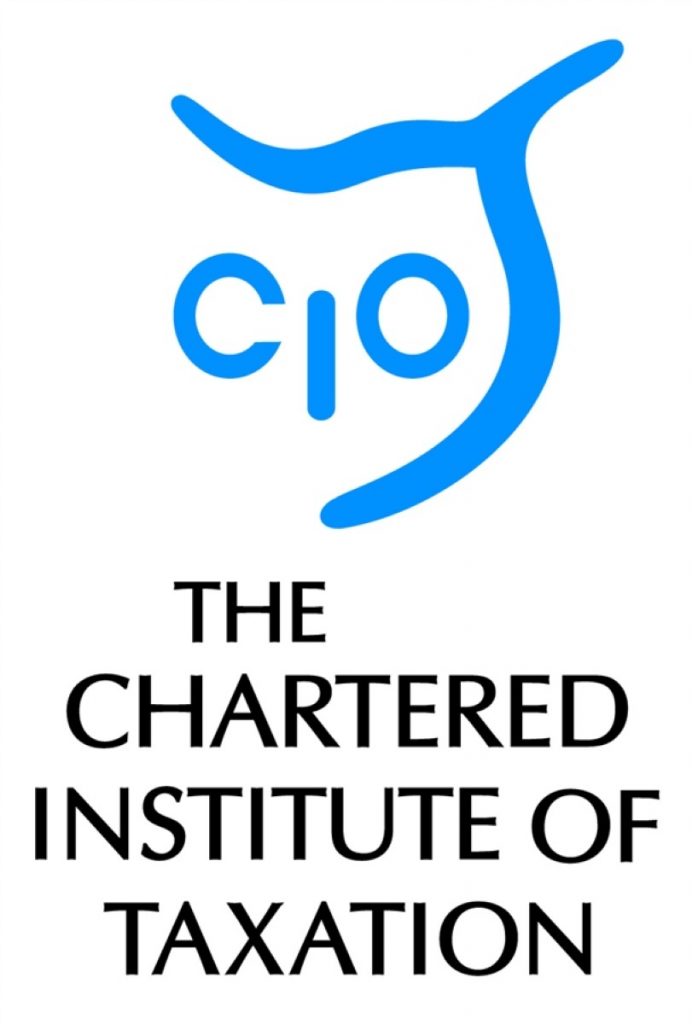Government must rethink crackdown on people claiming national insurance reductions, warn taxation experts
The Chartered Institute of Taxation has warned that a bid to exclude one-person businesses from claiming the national insurance Employment Allowance will be too easy to dodge.
HMRC want to exclude limited companies1 where the director is the sole employee from claiming the Employment Allowance that reduces a company’s national insurance bill, from April 2016.
But the CIOT has told a consultation that the planned curbs are easily avoided, either by appointing another director, such as a spouse, civil partner, other family member or friend, and paying that person a token wage; or by arranging payments of earnings so that the worker is not a director when at least one of the payments is made.
John Cullinane, CIOT Tax Policy Director, said:
“The Government may find its plan to be ineffective in significantly reducing Employment Allowance claims because it is open to abuse. It will simply have the effect of penalising those single director-employee limited companies that are unable to, or do not know that they could, appoint another person as director or employee in order to claim Employment Allowance.
“We strongly suggest that the legislation should include a connected persons test to prevent any limited company where there are two directors who are connected persons, and no other employees, from benefiting from Employment Allowance.”
There is another possible problem with the Government’s proposal, which relates to how payments are made. The CIOT believes the exclusion is also open to abuse in that making a single payment after the director has resigned would seem to enable the company to escape the exclusion and hence qualify for Employment Allowance. That former director could then even go as far as getting themselves re-appointed as director of the same company.
Employment Allowance is available to qualifying employers that pay Class 1 national insurance contributions on their employees’ and directors’ earnings. Currently, employers can reduce the amount of secondary national insurance contributions they pay for their employees by up to £2,000 under the Employment Allowance (this will rise to £3,000 from April 2016). The Government claims that up to 1.25 million businesses and charities should be benefitting from the scheme.
Notes for editors
1. A limited company is a private company whose owners are legally responsible for its debts only to the extent of the amount of capital they invested.
2. The CIOT’s submission to HMRC can be viewed here.
3. The Chartered Institute of Taxation (CIOT)
The CIOT is the leading professional body in the United Kingdom concerned solely with taxation. The CIOT is an educational charity, promoting education and study of the administration and practice of taxation. One of our key aims is to work for a better, more efficient, tax system for all affected by it – taxpayers, their advisers and the authorities. The CIOT’s work covers all aspects of taxation, including direct and indirect taxes and duties. Through our Low Incomes Tax Reform Group (LITRG), the CIOT has a particular focus on improving the tax system, including tax credits and benefits, for the unrepresented taxpayer.
The CIOT draws on our members’ experience in private practice, commerce and industry, government and academia to improve tax administration and propose and explain how tax policy objectives can most effectively be achieved. We also link to, and draw on, similar leading professional tax bodies in other countries. The CIOT’s comments and recommendations on tax issues are made in line with our charitable objectives: we are politically neutral in our work.
The CIOT’s 17,500 members have the practising title of ‘Chartered Tax Adviser’ and the designatory letters ‘CTA’, to represent the leading tax qualification.





-01.png)